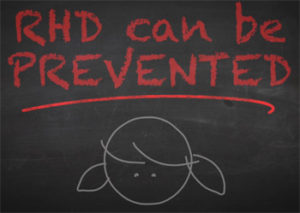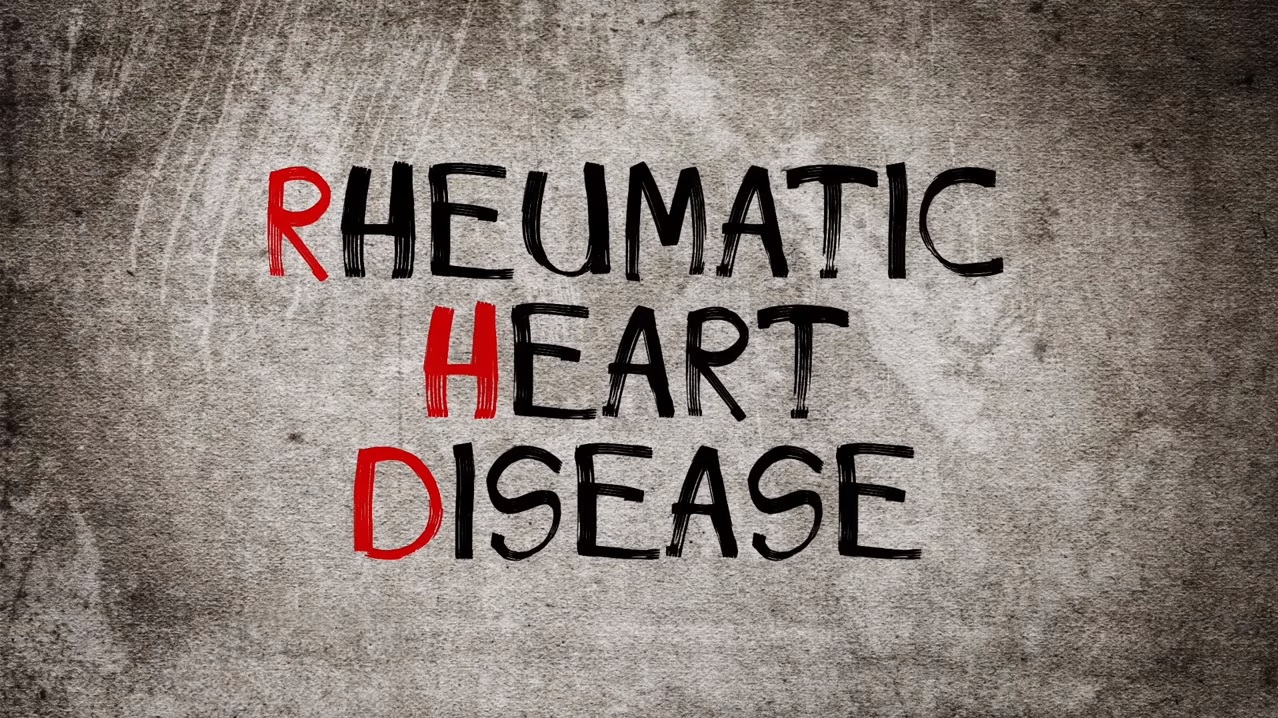Rheumatic Heart Disease, A Scourge of Marginalized Populations
WiRED Offers an RHD Module Series and an Animation
By Allison Kozicharow; Edited by Elizabeth Fine
Although it is completely preventable, rheumatic heart disease (RHD), a dangerous, life-threatening illness, affects 40 million people worldwide, mainly children and adolescents. It occurs mostly in underserved regions of the world where health care is limited or nonexistent, such as sub-Saharan Africa, the Middle East, Southeast Asia and the Western Pacific.
RHD begins with an infection from a bacteria called invasive group A streptococcus or strep A. If diagnosed and treated with antibiotics, that is the end of the story. If not, strep A can lead to scarlet fever then to rheumatic fever, then RHD — a life-threatening and disabling condition that permanently damages the heart.

WiRED International has long targeted RHD. More than 10 years ago we started to develop a suite of programs designed to educate and curb the spread of the infection. Today WiRED offers:
- A series of RHD modules in English, Portuguese, Spanish, French and Arabic for general audiences, teachers, students and community health workers.
- An Echocardiogram training series for nurses, a collaboration among a four-member team of medical specialists, used primarily in areas where cardiologists are unheard of.
- An RHD video animation (available in English, Spanish and Portuguese), which in the space of a few minutes describes RHD, explains why it is so serious, why it prevails in low-resource communities and why it needs to be addressed.
Note that the World Heart Federation spotlights cardiovascular disease in general on World Heart Day each year on September 29. They will also convene a World Congress on Rheumatic Heart Disease (RHD) November 2-4 to bring together the global RHD community of researchers, practitioners, patients and advocates to discuss how to eradicate this killer disease.
Detection and prevention of RHD remain key. WiRED believes that the ability to recognize the signs and symptoms of strep A and treat it before it ends in RHD will dramatically reduce the occurrence of this illness.


